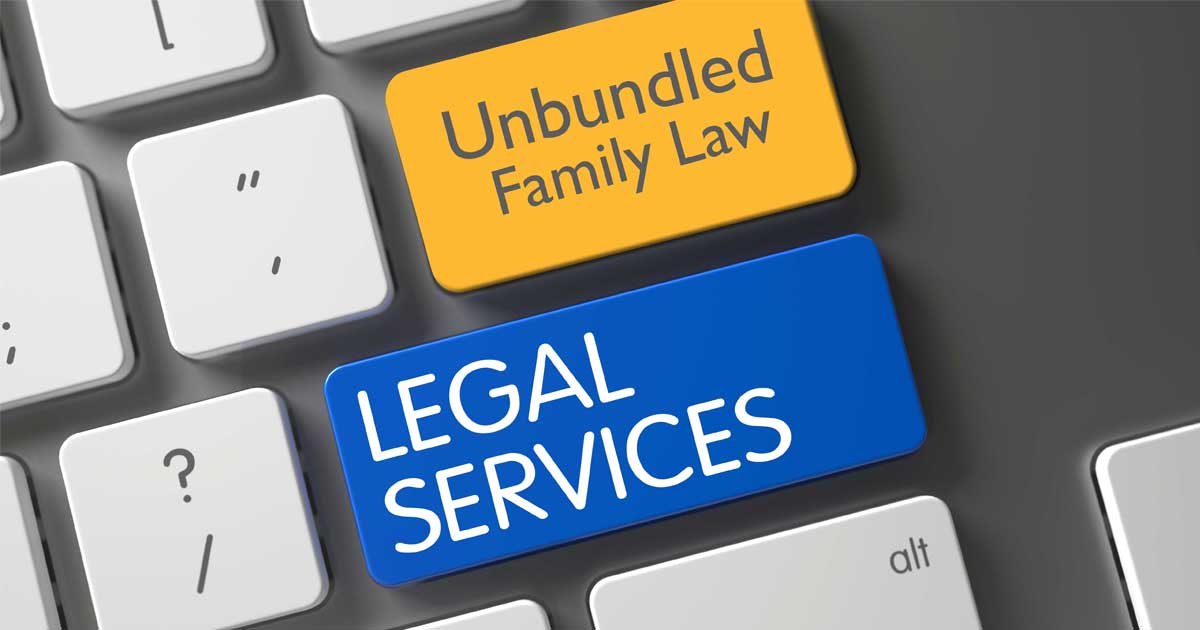For parents of special needs children, the issue of child maintenance will typically one of their biggest concerns in a divorce. This anxiety is especially acute among parents who have care and control of a special needs child but are not in the financial position to provide everything the child needs without the other parent’s help.
Here are some tips on how to go about ensuring that the needs of your child are provided for.
- Work out a list of expenses detailing your child’s financial needs.
- Get a specialist’s opinion on the long-term needs of your child.
- Negotiate with your spouse about maintenance of the child.
Work out a list of expenses detailing your child’s financial needs.
In deciding whether to grant a maintenance order and if so, the quantum of maintenance, the court needs to make an assessment of the financial needs of your child. This means that you will have to submit a list of your child’s expenses and accompanying receipts as evidential proof for the Court’s determination.
Apart from daily necessities such as accommodation, food, clothing, utilities and transport, your special needs child may also need:
| Category | Examples of Expenses |
| Accommodation | Renovation / modification of living quarters to make it safe and liveable for your child, accommodation that is close to the child’s school and/or medical facilities |
| Food | Dietary supplements, special formulas such as milk powder or tube feeding formulas |
| Various forms of therapy | Speech therapy, occupational therapy, social behavioural classes, physiotherapy |
| Enrichment classes | Music lessons, art lessons, physical enrichment |
| Medical treatment | General Medical Expenses
|
| School | Fees for special needs schools, tuition for special needs children, school supplies |
| Transport | Taxi fares (regular / handicap taxi), ambulance, family vehicle |
This list is non-exhaustive, it only serves to provide some examples of the additional resources that special needs children may require.
It is very important to be as comprehensive as you can so that the Court may make a maintenance order that adequately provides for the child’s upkeep and safeguard the welfare of the child.
Related Article: Can I be Forced to Maintain a Child Even Though I am not the Parent?Get a specialist’s opinion on the long-term needs of your child
When it comes to the long-term medical needs and care arrangements of your child, you may face some difficulty in estimating these expenses on your own. This is normal because assessing your child’s medical status falls within the purview of doctors; it is not for you, your spouse, your respective lawyers or the court to make medical pronouncements on your child. Therefore, it is advisable to assist the court by obtaining a specialist’s opinion.
Your specialist may be able to detail the following issues in his/her report:
- What medical condition(s) your child has and/or is suspected to have.
- How severe is your child’s condition and to what extent will it impact their functioning, development and future prospects?
- What kind of treatment does your child require?
- How much will that treatment cost? Are there any major expenses to expect, like surgery?
- Whether your child’s condition is a lifelong condition.
- Whether your child will require lifelong treatment, care and/or supervision.
It is important to have an updated specialist report that is made sufficiently close to the time of the divorce proceedings. Even though your child may have already been to see a specialist and there was an existing specialist report, there may be changes in your child’s condition that the Court should be aware of and take into account which may affect the quantum of maintenance.
There are important legal consequences when the court accepts your specialist’s finding that the condition is a lifelong one. The default position under Section 69(6) of the Women’s Charter (Chapter 353) is that maintenance orders will cease to be in force on your child’s 21st birthday, unless the court says otherwise. Therefore, if your child has a mental or physical disability that requires maintenance beyond the age of 21, the court has to explicitly extend the maintenance order past the age of majority.
As per Section 69(5) Women’s Charter (Chapter 353), the court shall not extend the maintenance order past the age of 21 unless it is satisfied that this extension is “necessary” . If you are of the view that your child’s disability is so severe that they will need treatment and long-term care even in adulthood, make sure you have the medical evidence (i.e related medical reports) to show the court that extended maintenance is necessary.
Related Article: Obtaining Maintenance in Singapore After a Divorce OverseasNegotiate with your spouse about maintenance of the child.
Even in cases where the relationship between spouses has deteriorated to the point of acrimony, that does not mean every expense has to be disputed before the court. From our experience, even the most bitterly divided couples have one thing in common: a parent’s love for the child.For this reason, it is advisable for you and your spouse to discuss to work out which expenses you can agree upon, what is a reasonable sum, and who would pay for what. If parties wish to engage the assistance of lawyers in negotiations, it would be best to engage family lawyers who are accredited mediators at the Singapore Mediation Centre.
Parties may also wish to consider categorising your child’s medical expenses into ‘General Medical Expenses’ and ‘Specialised Medical Expenses’ to better envision the expenses that might be occurred and how parties intend to pay for them.
General Medical Expenses will not always arise and can be paid for on a reimbursement basis, i.e. as and when your child needs to see the GP.
Specialised Medical Expenses are likely to be more predictable and are often far more costly, so parties may want to decide how these expenses will be settled ahead of time.














